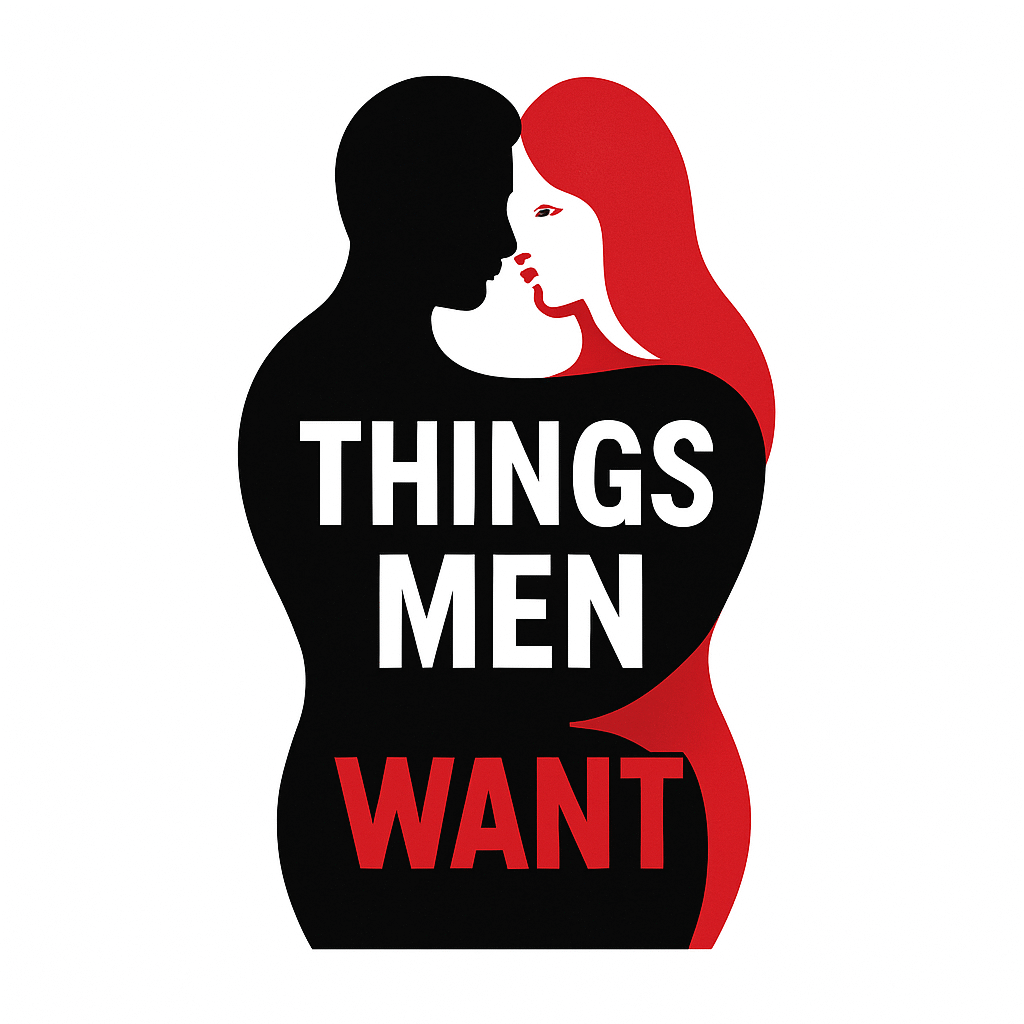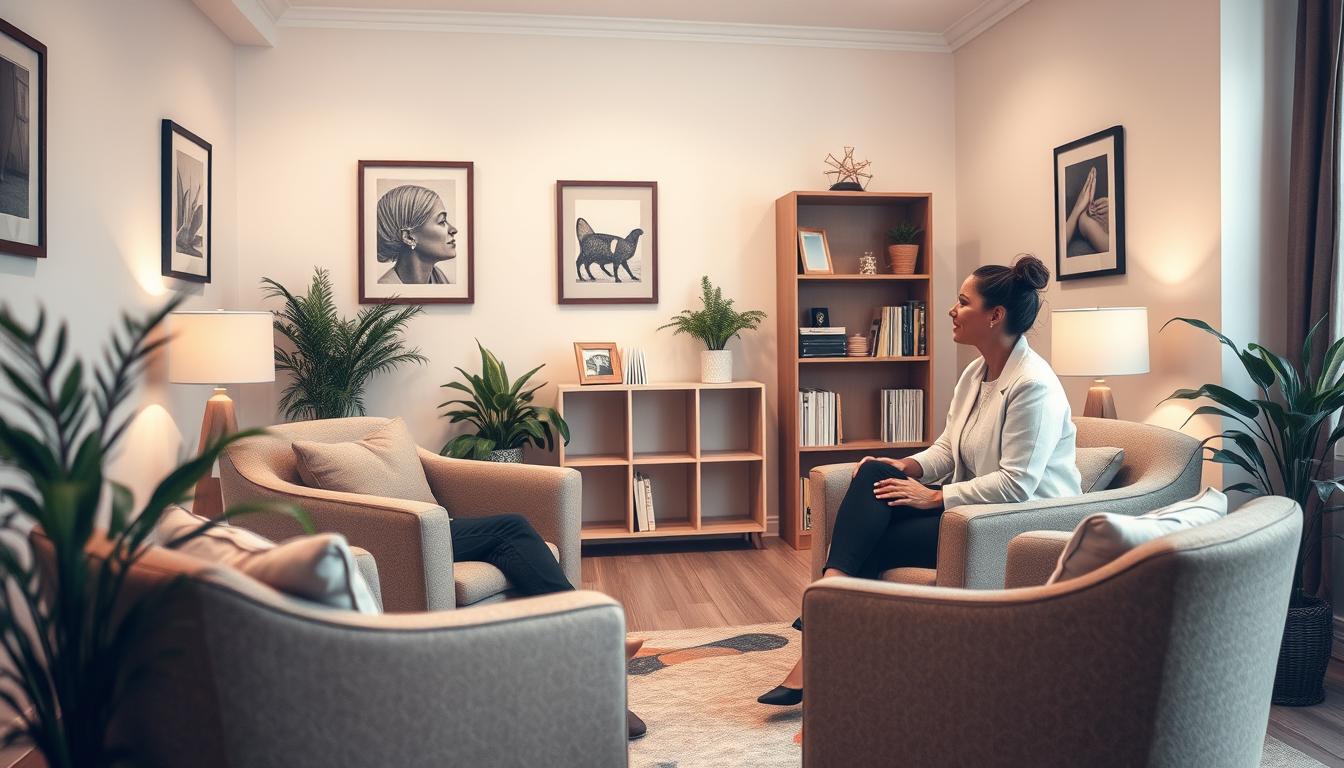Get Professional Help for Relationship Challenges
Dealing with relationship challenges can feel like a big burden. But, there’s a way to get through it. It’s key to tackle these issues early on to avoid bigger problems later.
Emotional wellness services are crucial for keeping relationships strong. By seeking support, people can learn more about themselves and their partners. This helps build a better and more supportive bond between them.
Key Takeaways
- Understanding the importance of emotional wellness in relationships
- Recognizing the benefits of seeking support for relationship challenges
- Exploring the role of professional help in maintaining healthy relationships
- Discovering how emotional wellness services can improve relationship dynamics
- Learning how to prioritize emotional well-being in relationships
Understanding When to Seek Professional Help for Relationship Challenges
Relationship challenges can be tough. Knowing when to get professional help is crucial. Relationships are filled with complex emotions, making it hard to deal with issues.
Common Signs Your Relationship Needs Professional Support
Some signs your relationship needs help include constant fights, feeling resentful, and poor communication. If you’re having trouble connecting with your partner or feel stuck in a bad cycle, it’s time for relationship counseling services.
Overcoming the Stigma of Seeking Help
Getting help for relationship problems is often seen as a weakness. But, it’s really a sign of strength. By going to therapy for couples, you and your partner can build a stronger, healthier bond.
The Benefits of Early Intervention
Getting help early can greatly improve your relationship’s outcome. By tackling problems early, you can avoid more damage. This way, you can work towards a more loving connection with your partner.
Knowing when to seek help is the first step to healing and strengthening your relationship. By recognizing the signs and being open to professional support, you can shape your relationship’s future.
Types of Professional Relationship Support Available
Understanding the different types of professional support is key when facing relationship challenges. Relationships can be complex. The right support can greatly help in overcoming difficulties.
Couples Therapy and Marriage Counseling
Couples therapy and marriage counseling aim to improve communication and solve conflicts. Relationship therapists help both partners find and fix issues. This is especially useful for couples who often argue or feel apart.
Through couples therapy, partners learn more about each other’s needs. They work together to build a stronger, more resilient relationship.
Relationship Coaching Services
Relationship coaching services focus on achieving specific goals. Coaches help individuals or couples work towards their relationship dreams. This could be improving communication, rebuilding trust, or enhancing intimacy.
This support is practical and action-focused. It gives tools and strategies to use right away.
Individual Therapy for Relationship Issues
Sometimes, individual therapy is needed to tackle personal issues affecting the relationship. Individual therapy helps a person deal with their own challenges. This can include anxiety, depression, or attachment issues.
By addressing personal concerns, individuals become more emotionally available. They become better partners.
Online Relationship Support Options
Online therapy platforms have made it easier to get relationship support. Online relationship support options include virtual couples therapy, individual therapy, and coaching. All are done through video calls or messaging.
This flexibility is great for couples with busy lives or those far from in-person therapy services.
How to Find the Right Relationship Therapist
Finding the right relationship therapist can feel overwhelming. But knowing what to look for can make a big difference. There are many options, from in-person therapy to online relationship support. It’s important to find the right fit for a successful therapy experience.
Qualifications to Look For in a Relationship Professional
When looking for a relationship therapist, check their qualifications. Look for those with training in relationship coaching or counseling. They should have the right certifications and licenses.
Some important qualifications include:
- A master’s degree in a field like psychology or social work
- Certifications from recognized bodies
- Experience with cases like yours
Questions to Ask During Initial Consultations
The initial consultation is a chance to see if the therapist is right for you. Prepare questions like:
- What experience do you have with relationship issues?
- What therapeutic approaches do you use?
- How will we measure progress in therapy?
Evaluating Compatibility with Your Therapist
It’s important to feel comfortable with your therapist. Consider their communication style, empathy, and understanding of your issues. You should feel supported during sessions.
Understanding Costs and Insurance Coverage
Before starting therapy, know the costs and insurance coverage. Some therapists offer fees based on income. Ask about this during your first meeting.
By considering these factors, you can find a therapist who meets your needs. They can help you overcome relationship challenges.
What to Expect When Seeking Professional Help for Relationship Challenges
Looking for professional help for relationship issues can feel scary. But knowing what to expect can help a lot. Couples or individuals often wonder about the process and what it means.
The First Session: Breaking the Ice
The first meeting with a therapist is key. It sets the stage for the therapy journey. It’s a chance for everyone to get to know each other and feel comfortable.
In this first session, the therapist will ask lots of questions. They want to understand the relationship problems and what you hope to achieve. It’s also a time for you to ask questions and learn about the therapist’s style.
Common Therapeutic Approaches and Techniques
Therapists use different methods based on their training and what their clients need. Some common ones are Emotionally Focused Therapy (EFT) and the Gottman Method. EFT helps with communication and emotional connection. The Gottman Method works on building a deeper understanding between partners.
Other techniques might include spotting negative patterns and improving how you handle conflicts. The goal is to understand each other’s needs better. The therapist will choose the best approach for you or your couple.
Typical Timeline and Effectiveness of Therapy
How long therapy lasts can vary a lot. It depends on the issues, how committed you are, and how well you respond to therapy. Some see big changes quickly, while others need more time.
Studies show that couples therapy can really work. Many people see big improvements in their relationship satisfaction. How well therapy works often depends on how involved you are and the therapist’s skill.
Conclusion: Taking the First Step Toward Relationship Healing
Getting professional help is a big step towards healing and strengthening your relationship. By recognizing the need for support and taking action, you can start to tackle challenges. This work leads to a more fulfilling partnership.
Emotional wellness services and relationship counseling offer the tools and guidance you need. They provide a safe space to explore your feelings and develop better communication. This helps you rebuild your connection with your partner.
Starting can feel scary, but it’s a brave step towards a stronger relationship. By focusing on your relationship’s well-being, you can understand each other better. This builds a stronger bond between you.
Remember, you’re not alone in this journey. Many couples have overcome their challenges with the help of emotional wellness services and relationship counseling. You can take the first step today and start building a stronger, more loving relationship.







